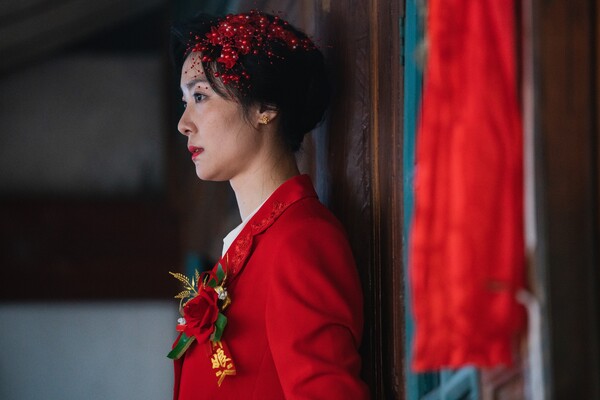For Hong Kong filmmakers, the Middle East represents a gateway to new perspectives and audiences eager for stories that inspire and challenge.
The convergence of cultures often creates extraordinary stories, and in the cinematic world, this dynamic is playing out between Hong Kong and the Middle East. As the Middle East emerges as a significant audience for Hong Kong cinema, it’s clear that this connection is about more than just entertainment—it’s a cultural exchange rooted in shared values, evolving societies, and a passion for storytelling.
Themes That Transcend Borders
At the heart of the connection between Hong Kong cinema and Middle Eastern audiences are universal themes—family, resilience, honor, and moral complexity. These core ideas resonate deeply in both regions, where storytelling has long been a cultural pillar. In Hong Kong films, protagonists often grapple with dilemmas of loyalty versus ambition or tradition versus modernity—struggles that mirror the transitions seen in the rapidly evolving Middle East.
This type of narrative is not just intriguing but also relatable to Middle Eastern viewers, who see echoes of their own society’s balancing act between tradition and modernity. It’s in these moral complexities that audiences from both regions find common ground.
In the Middle East, where cinema is increasingly seen as a platform for dialogue, films that tackle universal yet somewhat sensitive topics like mental health or identity struggles resonate on a deeper level. It’s not surprising to see Hong Kong films gaining traction in a region that values both meaningful content and artistic innovation.
A Platform for Creative Exchange
For filmmakers, the Middle East is not just an audience—it’s a partner in cultural and creative exchange. With its burgeoning film festivals, state-of-the-art facilities, and rising interest in international cinema, the region offers fertile ground for collaboration.
The Hong Kong Gala Presentation in Dubai took place in early November and is a perfect example of this partnership. The festival not only showcases Hong Kong cinema to Middle Eastern audiences but also invites filmmakers to engage in dialogue, sharing techniques, narratives, and visions. Aspiring filmmakers in the Middle East benefit from these exchanges, gaining insights into Hong Kong’s mastery of genre-blending, technical precision, and narrative experimentation.
A Reflection of Changing Times
Both Hong Kong and the Middle East are experiencing transformative eras. This parallel journey makes Hong Kong cinema particularly relevant to Middle Eastern audiences. Films that explore these transitions—whether through action-packed thrillers, heartfelt dramas, or experimental storytelling serve as mirrors for audiences to see themselves and their societies on screen.
The Road to Collaboration
The Middle East is not just a growing audience for Hong Kong cinema—it is a collaborator in shaping the future of global storytelling. Co-productions, mentorship programs, and joint film festivals are just the beginning. With both committed to elevating their cinematic landscapes, the possibilities are endless. For Hong Kong filmmakers, the Middle East represents a gateway to new perspectives and audiences eager for stories that inspire and challenge. For Middle Eastern audiences, Hong Kong cinema offers a window into a world that feels both foreign and familiar—different in culture but united in human experience.
Ultimately, the connection between Hong Kong and the Middle East is a testament to the power of cinema to transcend borders, bridge cultures, and ignite dialogue. As these two regions continue to collaborate and grow together, they’re proving that storytelling is, and always will be, a universal language.







































































